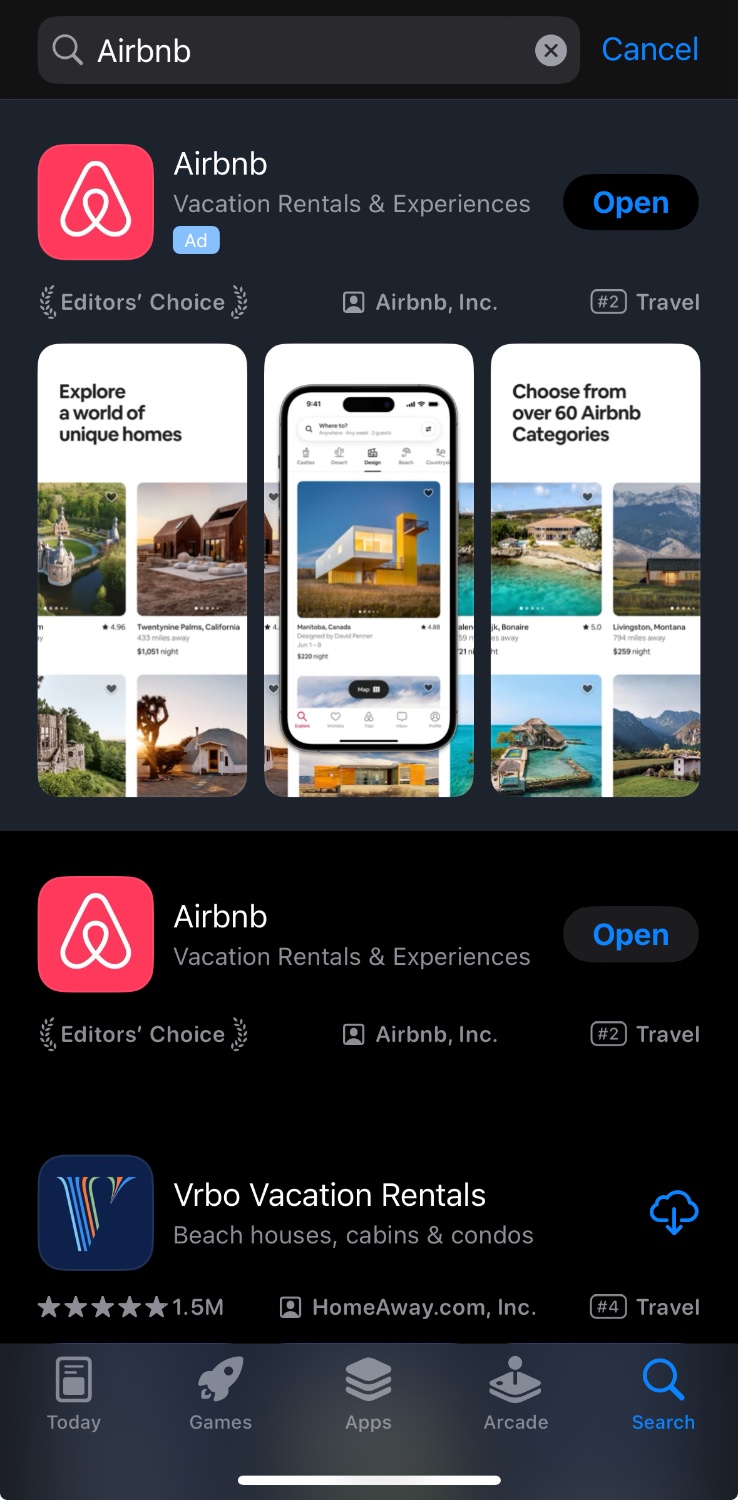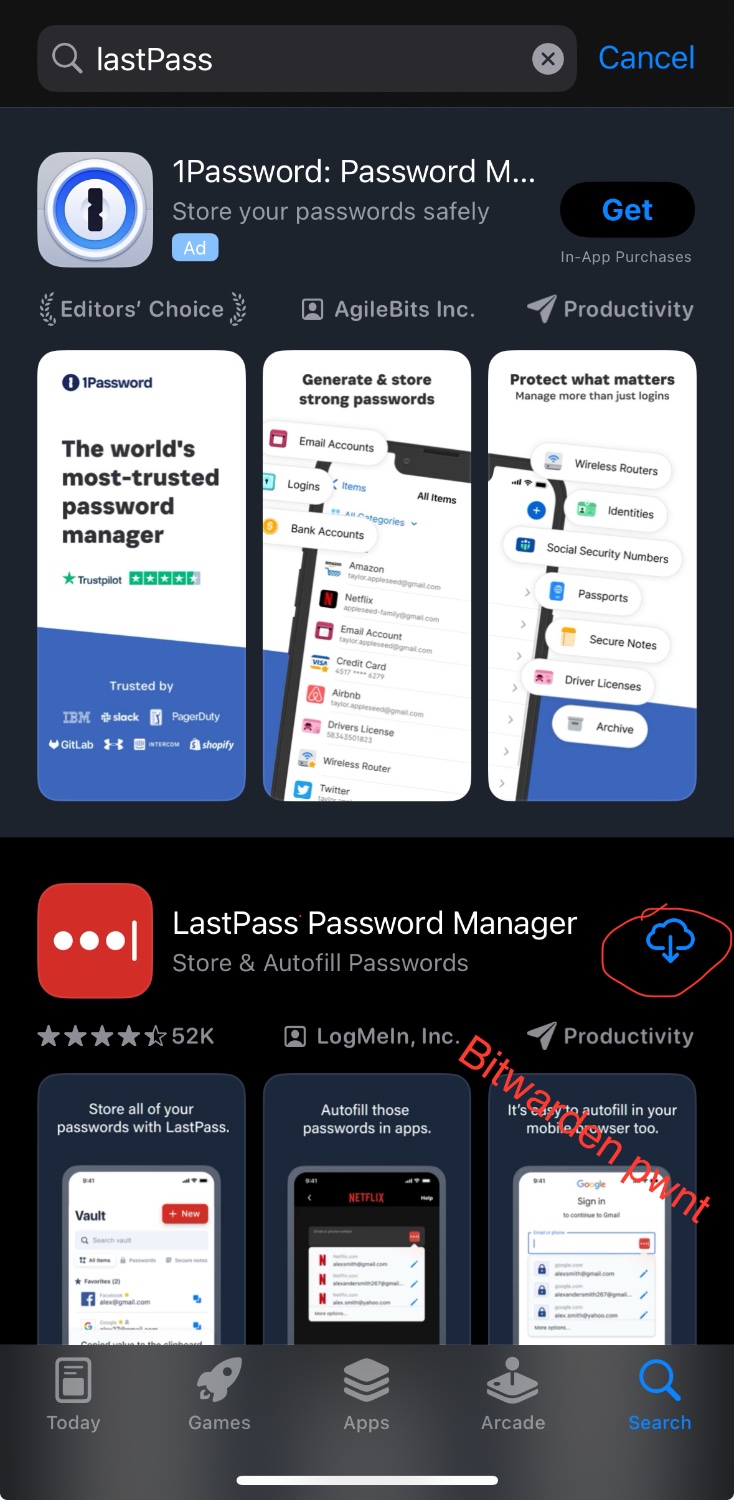YOU ARE PROTECTED IN OUR WALL GARDEN! APPLE USES HAVE NO NEED T- oops, anyway YOU ARE PROTECTED.
They’ve actually been responsible for tons of malware over the years. I recall seeing a massive leak back around 2015, and the story was buried by PR so quickly it left me very impressed.
The idea that iOS is in any way, shape, or form more safe than android is 100% PR. The fact Google allows users to override safety measures and install third party apps at their own risk is entirely why they’ve done this.
If Apple fans realize this is as safe as installing anything else on any computer (including macs), then Apple will have to answer to them. As long as they think they are more protected than android users, however, Apple’s MO to take in money remains safe.
deleted by creator
How’s that walled garden working out?
To be fair, things like this are pretty rare.
The more common experience is that those reviewers are anal as hell reject people for petty stuff. This malware guy lucked out and got the burned out app reviewer who didn’t look twice.
They’re rare but they’re very effective, because people have their guard down there.
Yeah, but as the poor sap who has been deemed “computer guy” for every elderly parent, aunt and uncle in the family, I think the Play and App Stores do a decent job of keeping malware in check.
It’s not perfect, but about once every year or two I have to put out a malware fire with a Windows laptop in the family. Dealing with the phones is less of a headache. Especially the iOS devices.
I wish iOS made it easier for people like me to remove those guardrails for my own needs, but for my 80 year old parents, I’m all for keeping them living in Apple and Google’s stores.
Apple can’t hear you over the billions of dollars they’re extorting.
I am surprised this happened, it’s the first case of anything like this that I have heard of. Do you know of any other cases?
Thanks for the links. I wasn’t aware of those, it sounds like PlayStore level of crapware in those cases, although you have to be REALLY dumb to be fooled by such obvious ones. But if you’re a very technically challenged person I am sure it is possible.
But the case with the LastPass clone is definitely much more malicious.
But if you’re a very technically challenged person I am sure it is possible.
Isn’t that Apple’s demographic? People get an iPhone or Mac because it just works and they don’t have to worry about complexity and choice. Freedom can be paralyzing to people.
That’s oversimplifying it quite a lot. Many tech-educated users, developers, IT experts etc use MacOS/iOS. And many users of Android or other OSes have no idea what they are doing. All the large operating systems today are too wide to have a one demographic, they cover it all.
Pretty well, it was bound to happen sooner or later and thisnis the first time Inhave heard about it
There’s been plenty of malicious apps found in the past. Though, I’m sure the play store isn’t much better. Disappointing that Apple will bend devs over a Barrel sometimes but they don’t find shit like this.
I never said that there wasn’t any malicious apps on the App Store, just that this was the first one that I have heard about that actively tries to fake being the official one and managed to get vetted.
There have been loads of dodgy apps on the app store.
Things inevitably slip through the cracks.
I never said that this is the first dodgy app in the app store?
I said that this is the first app I have heard about that pretends to be the official app that have gone through the vetting step on the App Store.
k
I work at an MSP and while it wasn’t LastPass, when you search “Microsoft Authenticator” in the app store there’s a similar looking Authenticator app that’s also blue, and because it’s an ad it shows up first. Had a user install that and was confused why they weren’t able to get MFA working.
Ah, this one:

It’s by design!
Either buy ads for your own brand…


…or someone else will:

Ads in these app stores are a fucking cancer. If the search query is an exact match with the app name, the sensible thing to do is make that app always come first. I guess that won’t pay the bills though.
They only take 30%, they need the ads(!!) :’(
I refuse to search in the App Store for this exact reason. Search on Google gives me the direct link to the App in need.
That said, if you’re searching for LastPass, getting 1password as a result is better.
I recently ran through an MFA enforcement campaign and had to build that app into my instructions. “Make sure it’s the Microsoft authenticator, not the first result in the paid ad slot” because so many people were installing that app. I do deal with pretty low levels of tech savvy, but still.
The word for “savvyness” is “savvy”. It is both an adjective and a noun.
TIL
Hade a user doing the same thing, orr a couple of users… apple just works, yeah sure
Its beyond irresponsible it wasn’t pulled the moment the most recent revelations came about. It also made me wonder if Apple “sees” certain fields of your keychain items, in-line with their conflation of convergent encryption as e2ee and other assorted privacy antics
Why would you assume they “see” certain keychain fields based on the article?
I’m glad I wasn’t the only one wondering that.
“Because APPLE BAAAD”
This is the best summary I could come up with:
Bad actors could potentially utilize the new regulation to trick consumers into buying subscriptions that are difficult to cancel.
When introducing its plan for DMA compliance, Apple wrote, “The new options for processing payments and downloading apps on iOS open new avenues for malware, fraud and scams, illicit and harmful content, and other privacy and security threats.”
What’s more, it’s upsetting to learn that LastPass had to warn customers publicly about a fake app that never should have been published in the first place.
“Our threat intelligence team posted a blog yesterday to raise awareness and help inform the public and our customers of the situation.
We are in direct contact with representatives from Apple, and they have confirmed receipt of our complaints, and we are working through the process to have the fraudulent app removed.”
Hoff added that the company is working with Apple to “understand more broadly how an application like this passed their normally rigorous security and brand protection mechanisms.
The original article contains 684 words, the summary contains 162 words. Saved 76%. I’m a bot and I’m open source!
deleted by creator








